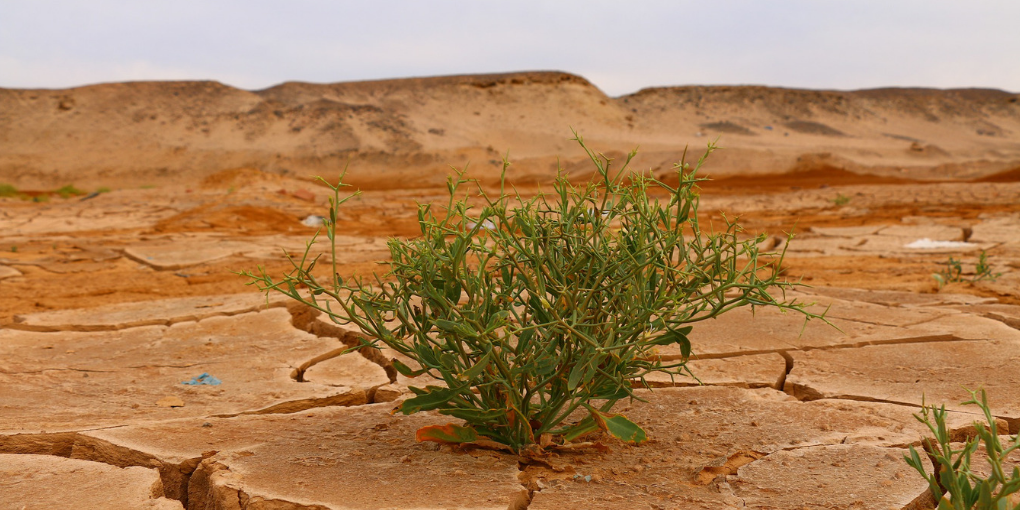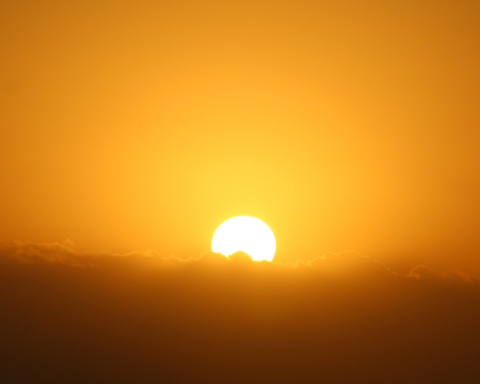Imagine two more months of summer, melting summer nights, and air conditioning as a requirement. As temperatures continue to rise in Israel, and if no immediate changes are made to counter climate change, the Israeli lifestyle will shift drastically. Yet as Israel steadily pumps a high concentration of toxic chemicals, or greenhouse gases, and does nothing to reduce them, the impact is dire.
While climate change doesn’t seem to be on the political priority list, advocates are making efforts to raise awareness of its implications and effects. It’s a simple concept. How humans treat the planet today impacts the future. However, big business and corrupt infrastructure keep profits in sight, unable to zoom out and determine that their choices today will result in a much different world for our children and grandchildren.

As concerns rise, a group of international scientists submitted a special report to the UN. They reviewed more than 6,000 studies on climate crisis, and reported that 45% reduction of carbon dioxide must occur by 2030, and a complete halt on emissions by 2050.
From their collected ideas, a group of Israeli scientists began to imagine what living in Israel would be like in 2100. One model determines that the Israeli summer will be 49% longer, and winter will be 56% shorter, according to Tel Aviv University’s Porter School of the Environment and Earth Sciences. This will also result in one seemingly endless heat wave, which will not only kill, but impact human capacity and capability. Scientists call it heat stress, and today, the human body needs to eliminate heat to function. The impact that heat and humidity have on the body are concerning, and heat overload is already seeing effects on the hottest summer days in Israel.
With more heat, comes more air conditioning. Being dependent on air conditioning is already a danger, especially for the many who don’t have electricity today. In addition, should everyone in Israel choose to run their systems at the same time, electrical grid breakdown seems inevitable.
Tamir Klein, of the Department of Plant and Environmental Sciences at Rehovot’s Weizmann Institute of Science, says “conditions, which will worsen, will filter out the vegetation planted during the early Zionist period: Foreign trees planted in the early 20th century, like eucalyptuses and cypresses, can be expected to disappear gradually from the landscape.” Since 2010, about 31% of trees in Israel have died, 24% of those from lack of water.
In order to create shift, it is said that at least 60% of greenhouse gases must be reduced by 2040, yet this means action, now. It is a wonder when the decision makers will wake up to understand that life on planet earth is more valuable than profits.






